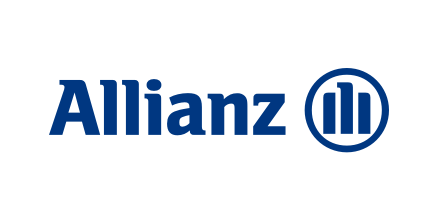In the world of contracts and agreements, the passing of risk in a contract of sale is a crucial aspect that both parties need to understand and adhere to. Whether it’s an individual separating from their partner, businesses in the ASEAN region, or landlords and tenants, the passing of risk plays a significant role in determining the responsibility for any potential damages or losses.
Let’s start by looking at the ASEAN Regional Trade Agreement, which has been instrumental in fostering economic cooperation among the member countries in Southeast Asia. This agreement aims to enhance trade and investment flows in the region, promoting growth and development. Within this context, the passing of risk in commercial transactions becomes vital to ensure fair and smooth trade operations.
Meanwhile, in the United Kingdom, couples going through a separation may rely on an example separation agreement UK to outline the terms and conditions of their separation. This agreement covers various aspects such as property division, child custody, and financial obligations. Understanding how the passing of risk operates in such agreements is crucial in determining who will bear the consequences of any potential risks during the separation process.
Delving into the realm of personal growth and wisdom, many individuals turn to books like A Toltec Wisdom Book: The Four Agreements to find guidance and inspiration. Drawing from ancient Toltec teachings, this book offers four powerful agreements to transform one’s life. While not directly related to contracts, the idea of taking responsibility for one’s actions and choices aligns with the concept of passing risk in agreements.
Turning our attention to the business world, contractors often wonder if they need a business license to operate legally. Whether it’s construction, remodeling, or any other contracting business, understanding the licensing requirements and regulations is crucial to avoid legal troubles. Compliance with licensing requirements is considered a form of risk management, ensuring that contractors operate with the necessary qualifications and safeguards in place.
On the subject of leases, it’s not uncommon for tenants to seek ways to break their agreements prematurely. However, the breaking of lease agreements by tenants can have legal consequences. Tenants are generally responsible for fulfilling the terms and conditions outlined in their lease agreements, including financial obligations and duration of the lease. Breaking the agreement before the specified timeframe can lead to penalties and potential legal disputes.
Shifting our focus to the state of Texas, where many individuals share living spaces, having a Texas roommate agreement template can be beneficial. This agreement sets out rules and expectations between roommates, such as rent allocation, utilities, and shared responsibilities. Understanding the passing of risk in this context ensures that all roommates are aware of their responsibilities in case of damages or financial obligations.
In a different setting, horse owners and boarding facilities may rely on a horse boarding contract template to establish the terms of boarding arrangements. This agreement covers aspects such as care, feeding, and liability for any injuries or damages. The passing of risk becomes crucial in this context to determine who bears the responsibility in case of accidents or unforeseen events.
Lastly, in the world of labor agreements, the cement masons master labor agreement plays a significant role in ensuring fair working conditions and terms for masons in the cement industry. This agreement covers areas such as wages, working hours, and safety regulations. Understanding the passing of risk in terms of workplace accidents or injuries becomes vital to protect the rights and well-being of the workers.
In conclusion, whether it’s in trade agreements, separation agreements, business operations, or various other situations, the passing of risk in contracts and agreements is a critical aspect to consider. Understanding who bears the responsibility for potential damages or losses can help parties navigate their obligations and make informed decisions. With proper knowledge and awareness, individuals and businesses can engage in agreements that promote fairness and mitigate risks.









